Sidney Lanier’s legacy in question with school renaming
Wednesday, July 15th, 2020 by Suzanne La RosaThe controversy surrounding schools bearing Confederate names brings into question how figures like Sidney Lanier deserve to be recognized. Vanished in the Unknown Shade, a biography of Lanier, was a small local project for us at NewSouth Books, the 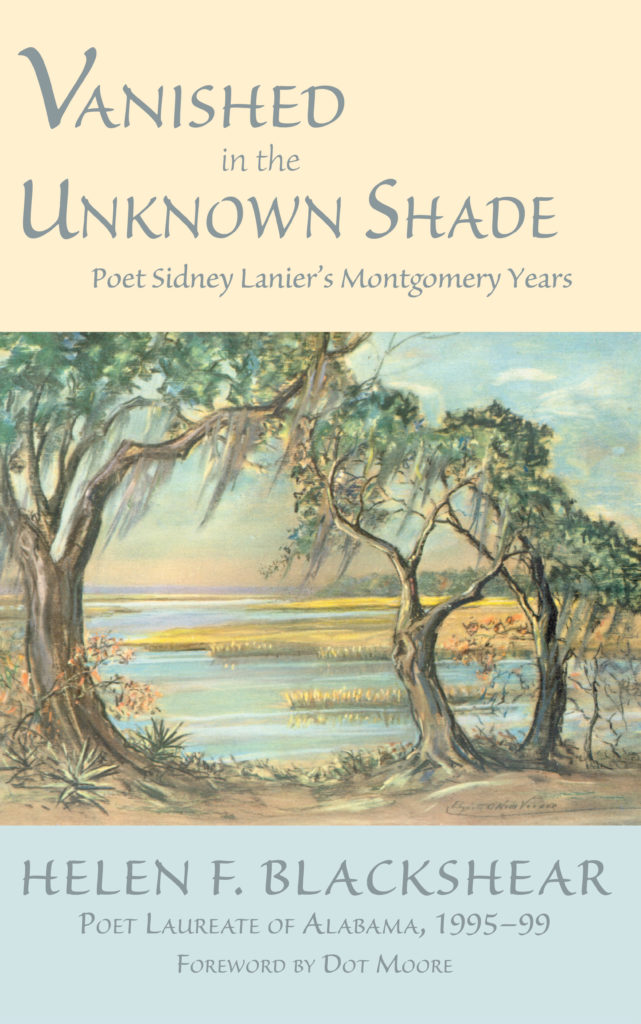 chance to work again with the talented and irrepressible Helen Blackshear, former poet laureate of Alabama, in the year before she died. Her short study of Sidney Lanier interested us, in part because so little about the poet had been written.
chance to work again with the talented and irrepressible Helen Blackshear, former poet laureate of Alabama, in the year before she died. Her short study of Sidney Lanier interested us, in part because so little about the poet had been written.
Lanier fought as a young man on the side of the Confederacy in the Civil War. Shortly thereafter, he lived in Montgomery, working as a desk clerk at a local hotel and as an organist at a church in nearby Prattville; a city high school took his name. Lanier was a talented musician and later became a faculty member at Johns Hopkins University. He wrote poetry for much of his life. His verse captured the agricultural landscape of his home, romanticized the Old South, and was often written in dialect or archaic English. Thus he was dubbed “poet of the Confederacy.”
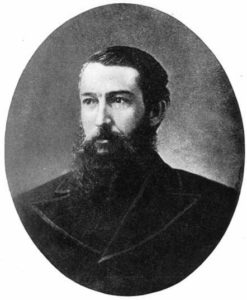 were blind to the sins of slavery and segregation or, worse yet, who actively participated in these systems of oppression, we must ask ourselves how we can frame balanced judgment about such people. Sidney Lanier’s name will be removed from the high school that sought to honor him in its taking, as reported by WSFA. NewSouth believes this is necessary and just. Still, there is value in Lanier’s literary legacy, which we commend you not to forget.
were blind to the sins of slavery and segregation or, worse yet, who actively participated in these systems of oppression, we must ask ourselves how we can frame balanced judgment about such people. Sidney Lanier’s name will be removed from the high school that sought to honor him in its taking, as reported by WSFA. NewSouth believes this is necessary and just. Still, there is value in Lanier’s literary legacy, which we commend you not to forget.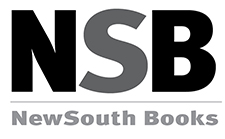
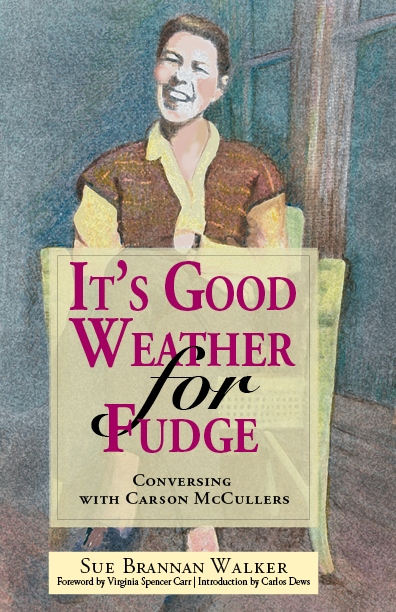 2017 is already proving to be a busier year than most for Alabama Poet Laureate Emeritus Sue Brannan Walker. January saw the publication of her imaginative long-form poem
2017 is already proving to be a busier year than most for Alabama Poet Laureate Emeritus Sue Brannan Walker. January saw the publication of her imaginative long-form poem 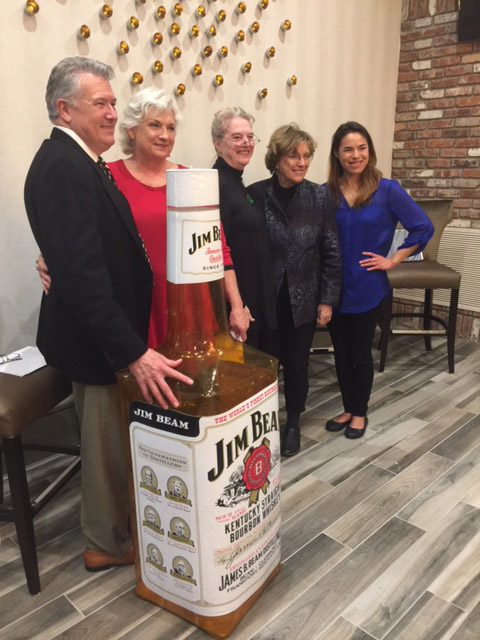
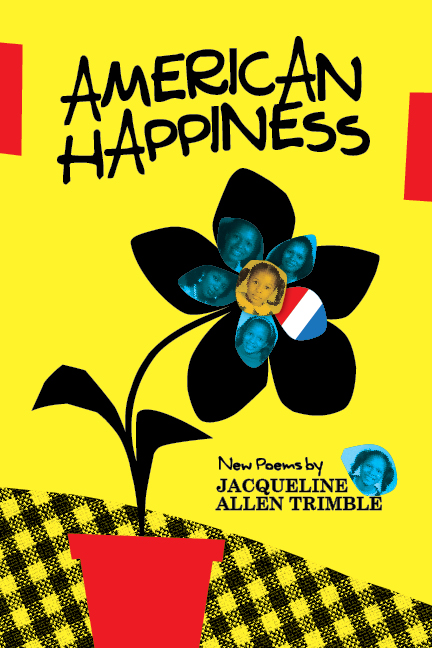
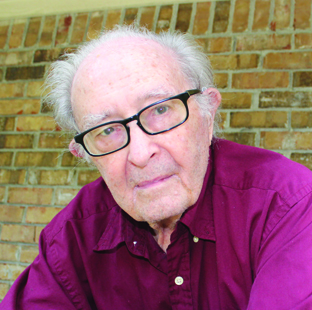 On February 7, 2016, Andrew Glaze, Alabama’s eleventh poet laureate, died peacefully in his sleep in his home in Birmingham, Alabama. He was 95 years old. He was an American master, who wrote with astonishing vigor and clarity for more than 60 years.
On February 7, 2016, Andrew Glaze, Alabama’s eleventh poet laureate, died peacefully in his sleep in his home in Birmingham, Alabama. He was 95 years old. He was an American master, who wrote with astonishing vigor and clarity for more than 60 years.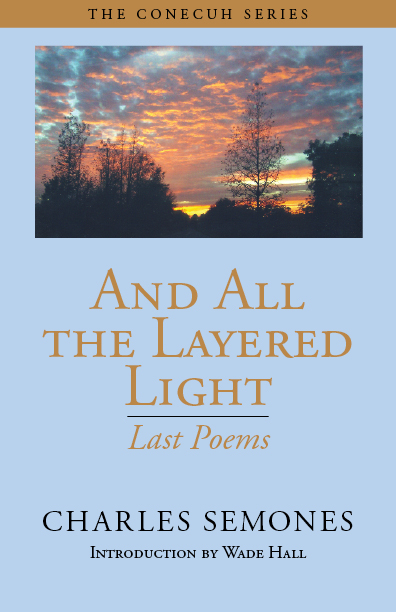
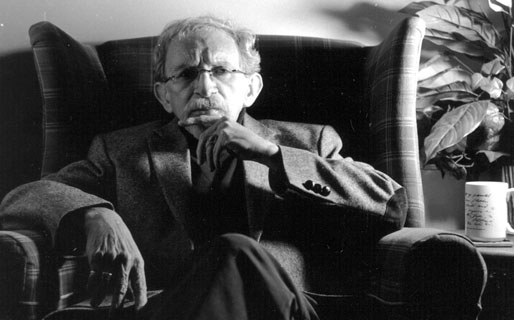
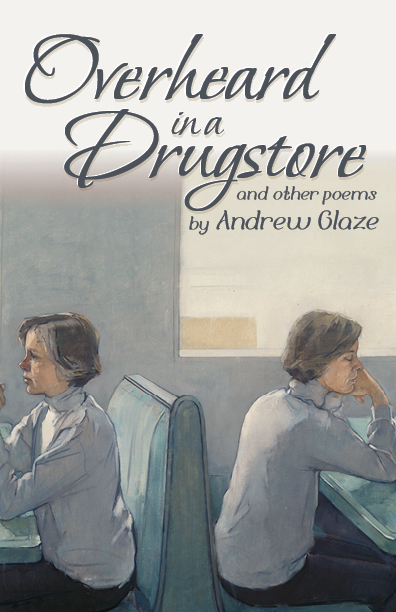 Andrew Glaze, Poet Laureate of Alabama and author of the forthcoming poetry collection
Andrew Glaze, Poet Laureate of Alabama and author of the forthcoming poetry collection 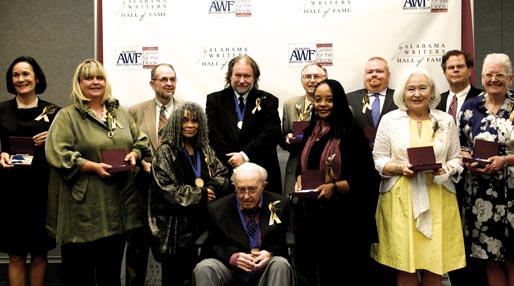
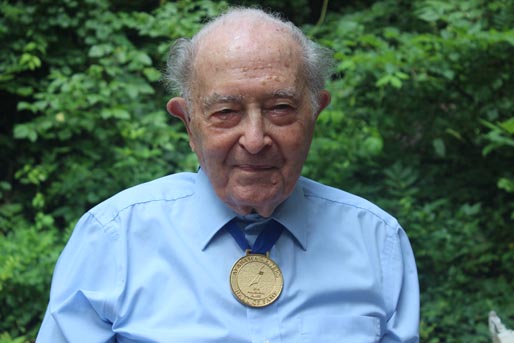
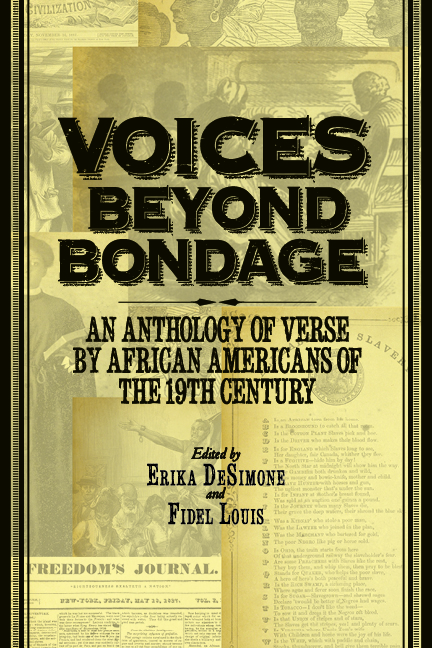
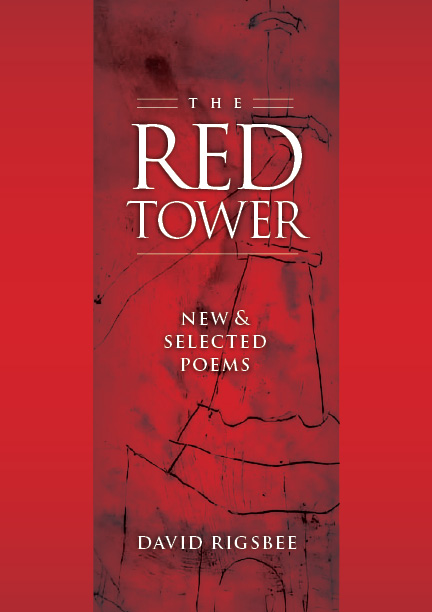 In a recent article in the
In a recent article in the 
